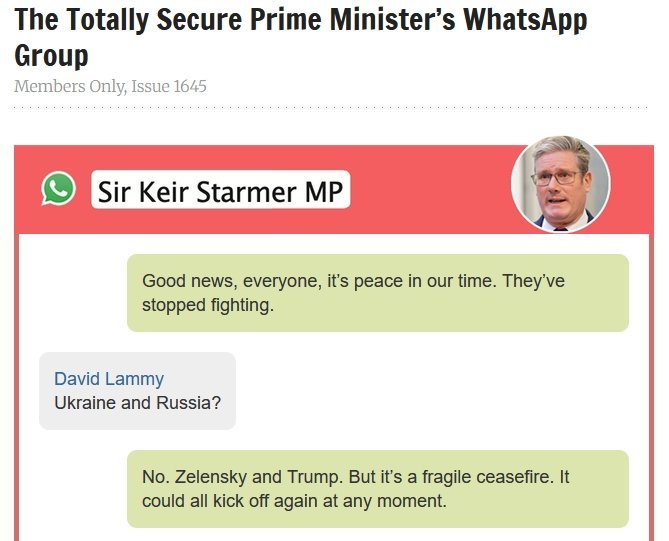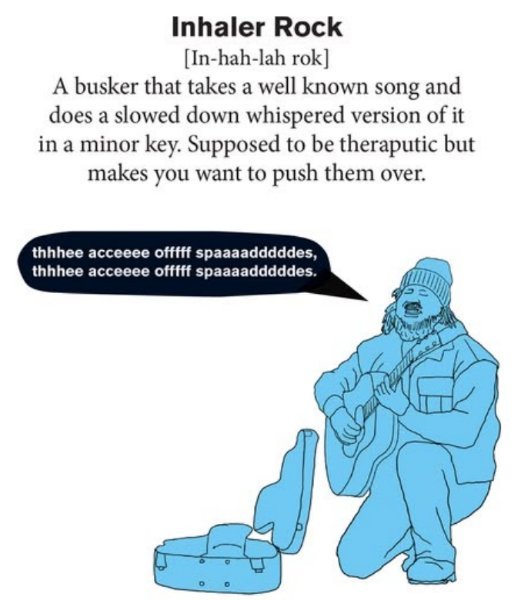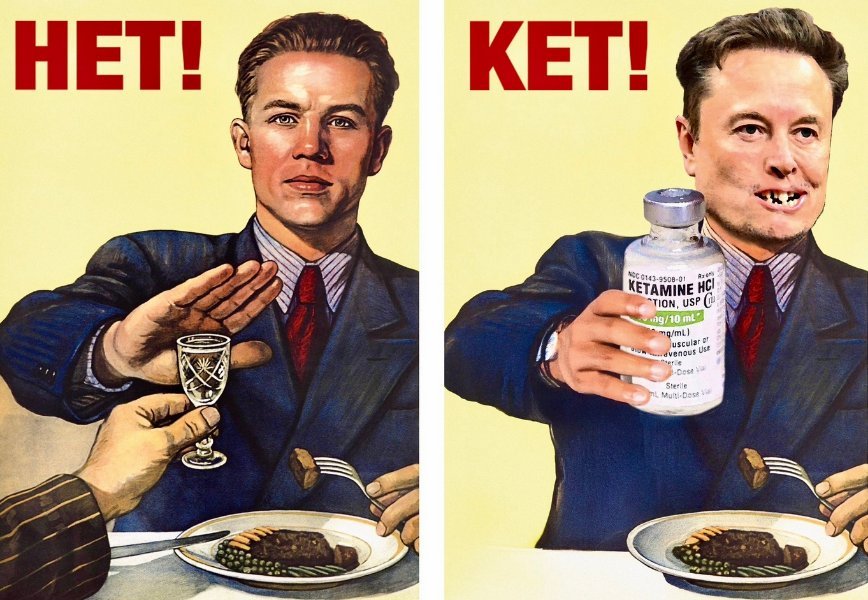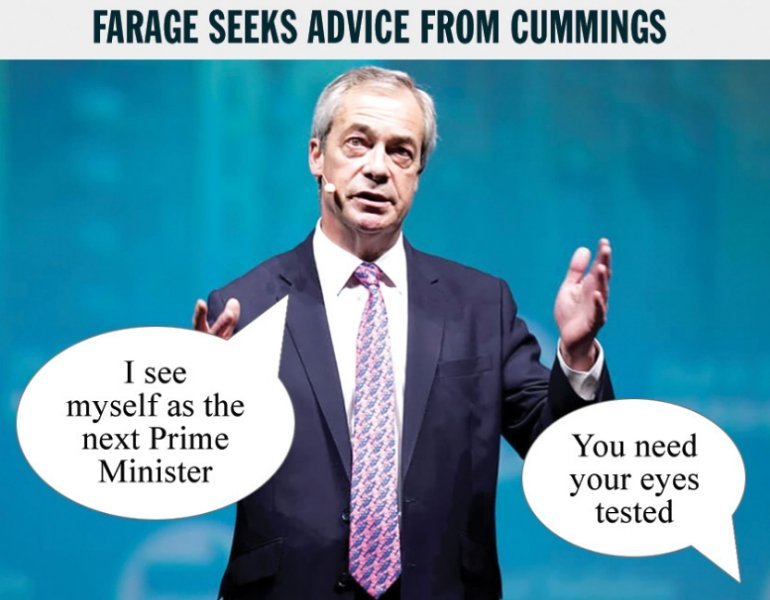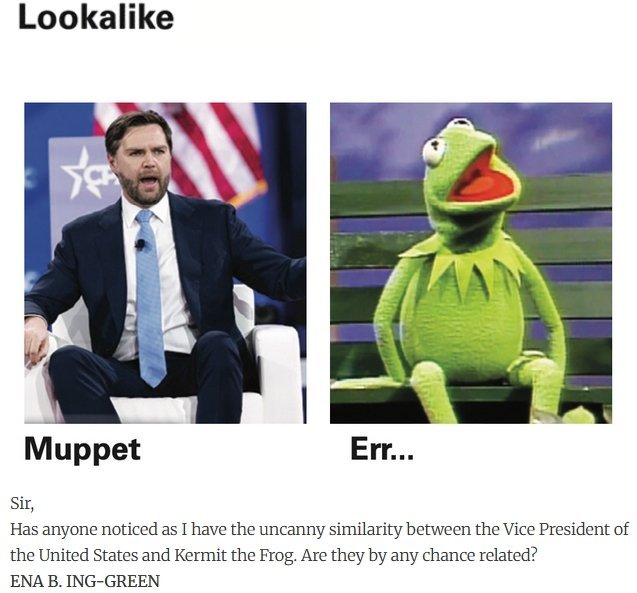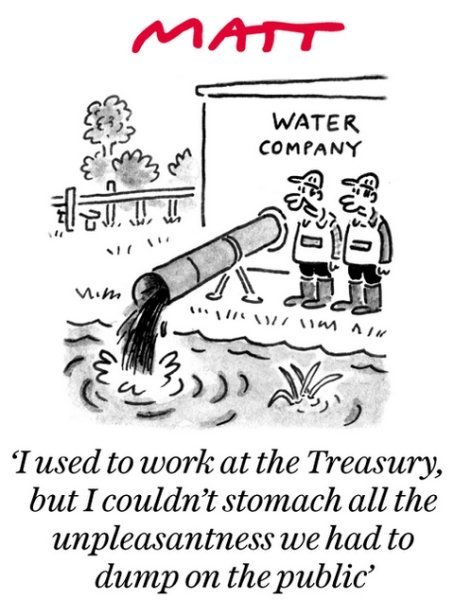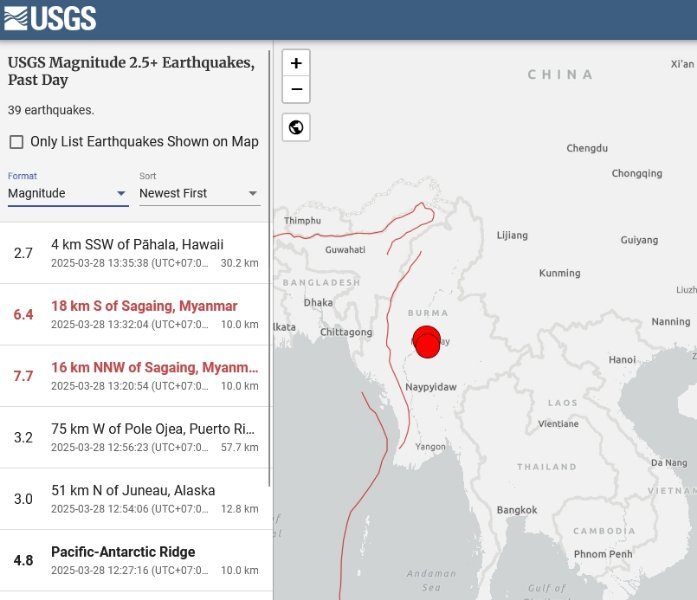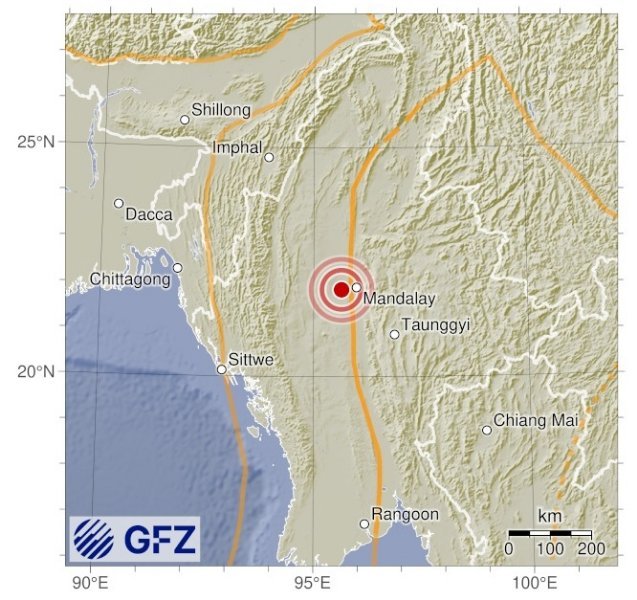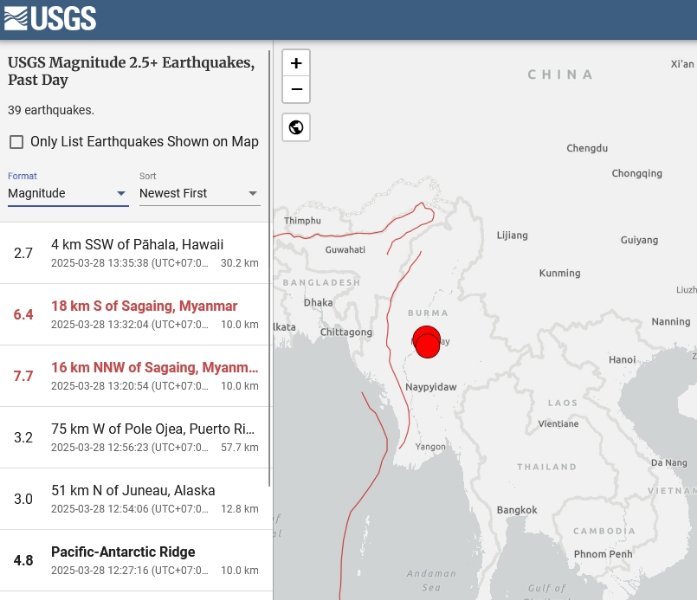
Digitalbanana
Advanced Member-
Posts
14,667 -
Joined
-
Last visited
Content Type
Events
Forums
Downloads
Quizzes
Gallery
Blogs
Everything posted by Digitalbanana
-
Worst Joke Ever 2025
Digitalbanana replied to warfie's topic in Jokes - Puzzles and Riddles - Make My Day!
-
Worst Joke Ever 2025
Digitalbanana replied to warfie's topic in Jokes - Puzzles and Riddles - Make My Day!
-
Worst Joke Ever 2025
Digitalbanana replied to warfie's topic in Jokes - Puzzles and Riddles - Make My Day!
-
What triggers 90 day report?
Digitalbanana replied to Chalky0w's topic in Thai Visas, Residency, and Work Permits
I always get an email reminder from noreply-tm47notify after registering for online reporting. -
Saw one flying wild at our home in Bangkok about three days ago, was making a noise.
-
Worst Joke Ever 2025
Digitalbanana replied to warfie's topic in Jokes - Puzzles and Riddles - Make My Day!
-
90 day report online rejected again
Digitalbanana replied to DaRoadrunner's topic in Thai Visas, Residency, and Work Permits
Online CW working for me for many years. Got approved inside 24hrs this week. I guess it depends where you live. -
Worst Joke Ever 2025
Digitalbanana replied to warfie's topic in Jokes - Puzzles and Riddles - Make My Day!
-
Worst Joke Ever 2025
Digitalbanana replied to warfie's topic in Jokes - Puzzles and Riddles - Make My Day!
-
What Movies or TV shows are you watching (2025)
Digitalbanana replied to Rimmer's topic in Entertainment
-
The question of whether the U.S. still has allies—or is just torching relationships while cozying up to strongmen—cuts to the heart of Trump’s second term so far. Let’s break it down: the U.S. isn’t exactly friendless, but the way things are going, it’s testing the patience of even its most reliable partners. The track record you’ve laid out—bashing NATO, trade spats with Canada and Mexico, car tariffs on Germany, and the weird Greenland obsession—doesn’t scream “team player.” Add in the lukewarm stance on Ukraine and the overtures to figures like Putin or Bukele in El Salvador, and it’s easy to see why people might wonder if the U.S. is swapping democratic allies for autocratic fanboys. If a serious humanitarian crisis hit the U.S. today—say, a massive hurricane, a terrorist attack, or another pandemic—would other countries step up? Probably, but with caveats. Historically, allies have rallied when the U.S. is in genuine need. After 9/11, NATO invoked Article 5 for the first time ever, and countries like Canada and the U.K. were quick to offer support. During Hurricane Katrina, over 90 nations pledged aid, including unlikely players like Cuba and Venezuela. Even now, with all the bridge-burning, practical self-interest and residual goodwill would likely prompt some response. The U.K. and Japan, still tethered by deep military and economic ties, would almost certainly step in. Canada and Mexico, despite trade wars, can’t afford to let their neighbor collapse—geography alone ensures that. NATO might grumble, but they’d still show up, if only to preserve the alliance’s credibility. That said, the enthusiasm would be muted. Germany, France, and others in Europe are fed up with being treated like freeloaders, and they’re already pivoting toward greater EU autonomy. Denmark’s still salty about Greenland, and the “let’s annex Canada” quip didn’t exactly warm hearts in Ottawa. Developing nations might help, but only to the extent it scores them points or leverage. Russia, China, Iran, and North Korea? They’d either sit it out or exploit the chaos—don’t expect humanitarian rescues from that crew. The U.S. would get aid, but it’d be less “global solidarity” and more “bare minimum obligation.” The endgame here is murky. Isolationism seems to be the vibe—Trump’s “America First” redux leans hard into doing it alone, consequences be damned. But it’s not pure withdrawal; there’s a pattern of favoring leaders who play to his ego over institutions that demand compromise. Russia gets a pass because Putin’s a “strong guy”; El Salvador’s Bukele gets a nod for the same reason. NATO? Too many cooks in the kitchen. Trade partners? Too needy. It’s less a genius strategy and more a gut-driven preference for bilateral flexing over multilateral slogging. The art of no deal, as you put it, isn’t about building something new—it’s about tearing down anything that doesn’t fit the script. Are alliances doomed? Not yet, but they’re fraying. The U.S. still has clout—its economy, military, and cultural pull aren’t going anywhere fast. Products like Coca-Cola or iPhones aren’t suddenly trash because of Trump’s tweets. But goodwill’s eroding, and fast. The U.K. and Japan might hang on, but they’re not dumb—they’ll hedge with China or the EU if the U.S. keeps acting erratic. Canada and Mexico will grit their teeth and deal, but don’t expect warm fuzzies. Europe’s already talking “strategic autonomy” louder than ever. If this keeps up, the U.S. risks a world where it’s not isolated, but tolerated—less a leader, more a loud neighbor nobody fully trusts. Could this just be a phase? Sure, administrations change, and Trump’s style isn’t permanent. But damage compounds. Decades-old alliances can survive a rough four years—they did it once already—but the longer this goes, the more countries start planning for a post-American reality. The U.S. isn’t out of friends yet, but it’s playing a dangerous game of seeing how many it can afford to lose.
- 141 replies
-
- 13
-

-

-

-

-
Worst Joke Ever 2025
Digitalbanana replied to warfie's topic in Jokes - Puzzles and Riddles - Make My Day!
-
-
-
F-E Region Myanmar Time 2025-03-28 06:20:55.3 UTC Magnitude 7.3 Epicenter 95.73°E 21.89°N Depth 10 km Status A - automatic
-
Felt in at ground level in Bangkok too.
-
Earthquake: We just had an earthquake in Northeast Lamphun Province
Digitalbanana replied to connda's topic in Chiang Mai
Felt the house shake in northern Bangkok for about one minute. -
Trump Unveils 25% Auto Tariffs, Escalating Global Trade Tensions
Digitalbanana replied to Social Media's topic in World News
Good news if you are a Hyundai investor? For the rest of the American public they will pay for the move by increased car prices.

